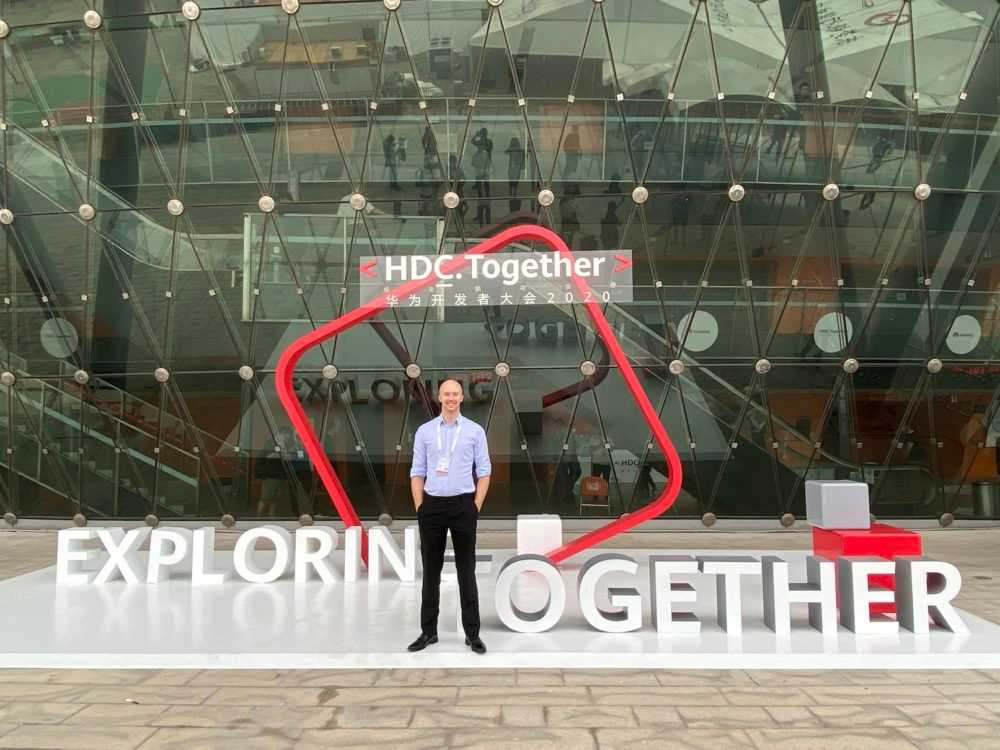Trends in Global Mobile App Development – Notes from Huawei Developer’s Conference (HDC 2020)


AppInChina CEO Rich Bishop spoke at this year’s Huawei Developer’s Conference (HDC), held on September 10-12 at Huawei’s Songshan Lake headquarters in Shenzhen, China.
The title of this year’s speech was “Trends in Global Mobile App Development”, where Bishop gave an overview of current trends in the mobile app market and informed the audience of the special challenges that overseas app and game developers face when entering the Chinese market.
The focus of the morning “Tech Sessions” was “Go Global”. Speakers invited by Huawei explained how Huawei AppGallery can help app and game developers expand their distribution and reach from China to the rest of the world.
“The value of my talk was helping them understand the particular challenges that international apps have coming into China, which could mirror similar challenges for other apps going global from China,” Bishop said.

The biggest news from the conference came at the keynote address in Dongguan Basketball stadium, where Huawei announced the release of its Harmony OS 2.0, which will be standard across all new Huawei devices next year.
“It’s massively ambitious to try to create a third operating system in the mobile sphere,” Bishop said. “But considering Huawei’s massive influence, success, and government support, they stand a good shot of succeeding. They seem to have a pretty solid plan for what they are doing.”

For developers, Bishop said that converting an app to Harmony OS from an Android version shouldn’t be too difficult, as Harmony OS is partially based on Android, replacing some Google Mobile Services (GMS) functionality with equivalent Huawei Mobile Services (HMS). Still, we recommend overseas developers take a wait-and-see approach before devoting many resources to the task.
At the conference, Huawei also promoted its HMS Go Global Alliance, which is an initiative to help companies integrate Huawei Mobile Services (HMS) into more apps, games and devices worldwide as an alternative to Google Mobile Services (GMS). Like GMS, HMS is a collection of applications and APIs for programmers that help support functionality across all devices.

Huawei said that 1.8 million developers are already using HMS in 97,000 apps around the world, making it the world’s third largest mobile app ecosystem.

Bishop also had the opportunity to visit the Huawei University campus, a visually impressive European-style campus that engages in ongoing training and professional development for Huawei staff.